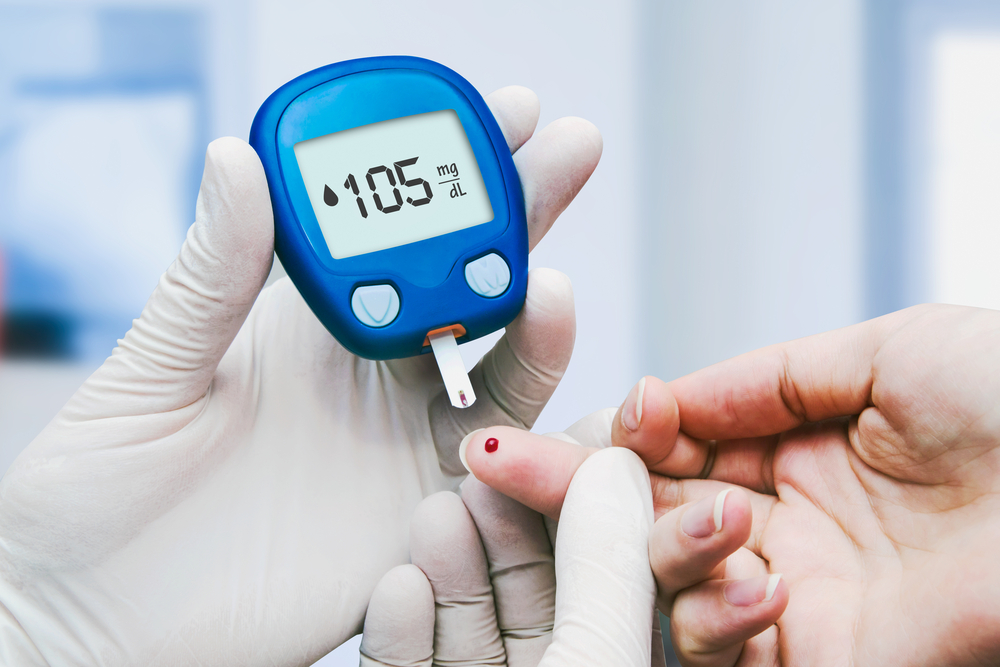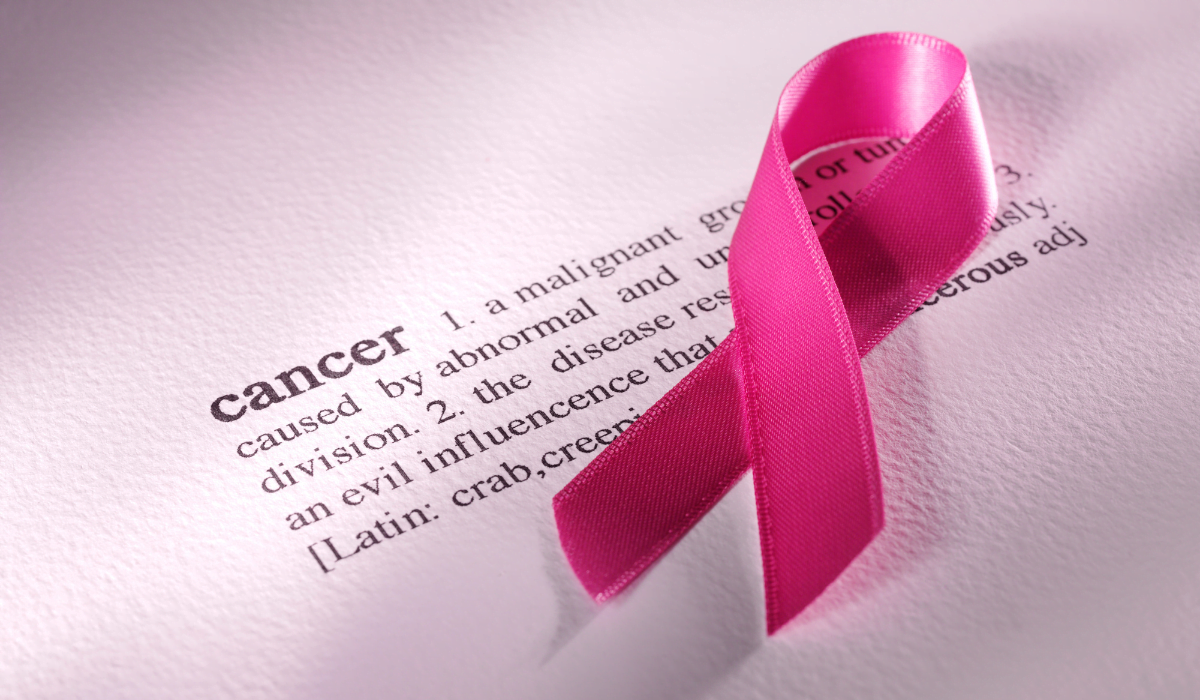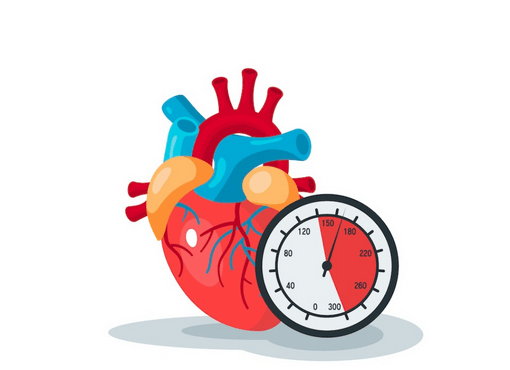Your Guide to Boosting Energy and Staying Healthy in Ghana
Fatigue is more than just feeling tired—it’s a persistent sense of physical or mental exhaustion that doesn’t go away with rest. In Ghana, many people experience fatigue due to a combination of lifestyle factors, environmental conditions, health challenges, and cultural practices. If you're constantly feeling drained, you're not alone—and the good news is, there are practical ways to manage it.
What Is Fatigue?
Fatigue is different from sleepiness. While sleepiness can be resolved with rest, fatigue can linger even after a good night's sleep. It affects your ability to work, concentrate, and enjoy daily activities. It can be physical (muscle tiredness), mental (difficulty thinking), or both.
Common Causes of Fatigue in Ghana
1. Nutritional Deficiencies
Many Ghanaians consume carbohydrate-heavy meals (like kenkey, banku, fufu, and rice) but may lack enough protein, iron, and essential vitamins.
-
Iron deficiency (anemia) is particularly common, especially among women and children, and can cause extreme tiredness.
-
Low intake of Vitamin B12, folate, and magnesium also contributes to fatigue.
Tip: Include leafy greens (kontomire), beans, eggs, and animal proteins in your diet. Fortified cereals and supplements may help if advised by a doctor.
2. Dehydration
In Ghana’s hot and humid climate, it's easy to become dehydrated, especially for those who work outdoors or don’t drink enough water.
Tip: Drink 8–10 glasses of water daily. Coconut water, fruit juices (without added sugar), and herbal teas are also good options. Avoid excessive alcohol or soft drinks.
3. Stress and Mental Health Issues
Economic pressure, family responsibilities, traffic, and work stress can lead to burnout. In many communities, mental health is often overlooked, yet it significantly affects energy levels.
-
Conditions like anxiety and depression are major contributors to chronic fatigue.
Tip: Find time to relax. Talk to a trusted friend, join a prayer or support group, or consider speaking to a mental health professional.
4. Lack of Quality Sleep
Noise, mosquitoes, overcrowded sleeping areas, and late-night screen use can interrupt sleep patterns.
Tip: Establish a consistent bedtime. Use mosquito nets, keep your sleeping area quiet and cool, and limit phone use before bed.
5. Chronic Illnesses
Fatigue can be a symptom of several underlying health problems common in Ghana:
-
Malaria and typhoid fever
-
Diabetes
-
Hypertension
-
Hepatitis B or C
-
Sickle cell disease
Tip: If you're constantly tired, consult a healthcare provider for proper screening and diagnosis. Early detection can save lives.
6. Overwork and Physical Exertion
Many people juggle multiple jobs or responsibilities, often with little rest in between.
Tip: Learn to pace yourself. Take short breaks during the day, and avoid strenuous physical activity in extreme heat.
7. Poor Air Quality
Burning of rubbish, car fumes, and exposure to dust—especially in urban centers like Accra, Kumasi, and Tamale—can affect breathing and overall energy.
Tip: Wear a mask when exposed to heavy pollution, and avoid outdoor exercise during peak hours if possible.
Fatigue is a common symptom in many types of cancer. It can result from the cancer itself, the body’s response to it, or cancer treatments like chemotherapy or radiation. Here are some cancers that often present with fatigue as an early or ongoing symptom:
1. Leukemia
-
Why fatigue? Due to the cancer affecting bone marrow, leading to anemia and a reduced oxygen-carrying capacity of the blood.
-
Other symptoms: Frequent infections, bruising, bleeding, bone pain.
2. Lymphoma (Hodgkin and non-Hodgkin)
-
Why fatigue? The immune system is overactive fighting the cancer; anemia and inflammation also contribute.
-
Other symptoms: Swollen lymph nodes, night sweats, weight loss, itching.
3. Colon (Colorectal) Cancer
-
Why fatigue? Blood loss from the gastrointestinal tract can cause iron-deficiency anemia.
-
Other symptoms: Changes in bowel habits, blood in stool, abdominal pain.
4. Lung Cancer
-
Why fatigue? Cancer affects oxygenation and can produce substances that cause fatigue.
-
Other symptoms: Persistent cough, chest pain, shortness of breath, weight loss.
5. Pancreatic Cancer
-
Why fatigue? Tumors interfere with digestion and metabolism; cancer-related inflammation plays a role.
-
Other symptoms: Jaundice, abdominal pain, weight loss, appetite loss.
6. Ovarian Cancer
-
Why fatigue? Often due to systemic effects and possible anemia or malnutrition.
-
Other symptoms: Bloating, pelvic pain, frequent urination, early satiety.
7. Liver Cancer
-
Why fatigue? The liver’s dysfunction impairs energy metabolism.
-
Other symptoms: Jaundice, abdominal swelling, weight loss, nausea.
8. Multiple Myeloma
-
Why fatigue? Bone marrow involvement leads to anemia; kidney function may also decline.
-
Other symptoms: Bone pain, frequent infections, high calcium levels.
If fatigue is persistent and unexplained, especially if it's accompanied by other symptoms (like weight loss, pain, or changes in bodily functions), it's important to seek medical advice for proper diagnosis.
How to Manage and Overcome Fatigue
✅ Eat Balanced Meals
Include a mix of carbohydrates, protein, vegetables, and fruits. Eat smaller, more frequent meals to maintain energy levels throughout the day.
✅ Stay Hydrated
Start your day with water, and continue sipping throughout the day. Don’t wait to feel thirsty.
✅ Exercise Regularly
Light exercises like walking, dancing, or stretching can boost energy and mood. You don’t need a gym—just 20–30 minutes of movement daily is enough.
✅ Get Regular Health Check-Ups
Visit the hospital at least once a year for a full check-up, especially if you have persistent fatigue.
✅ Rest and Sleep Well
Aim for at least 7–8 hours of sleep. Create a calming bedtime routine to improve sleep quality.
✅ Limit Caffeine and Alcohol
Too much coffee, tea, or alcohol can interfere with sleep and energy levels.
When to See a Doctor
See a healthcare provider if you experience:
-
Fatigue that lasts longer than 2 weeks
-
Dizziness or headaches
-
Unexplained weight loss
-
Fever or body pains
-
Shortness of breath
Final Thoughts
Fatigue is a common but manageable condition. With Ghana’s unique climate, lifestyle, and health challenges, it's important to listen to your body and take proactive steps to improve your energy levels. By eating well, staying hydrated, managing stress, and getting enough rest, you can regain your vitality and live a healthier, more active life.





Comments (0)
Leave a Comment
No comments yet. Be the first to share your thoughts!